School Shooting Poetry
As poets and readers of poetry, we might ask ourselves how our poetry provides a kind of sanctuary from violence or else offers us a place to work through our fraught reactions to a world in which school shootings can happen.
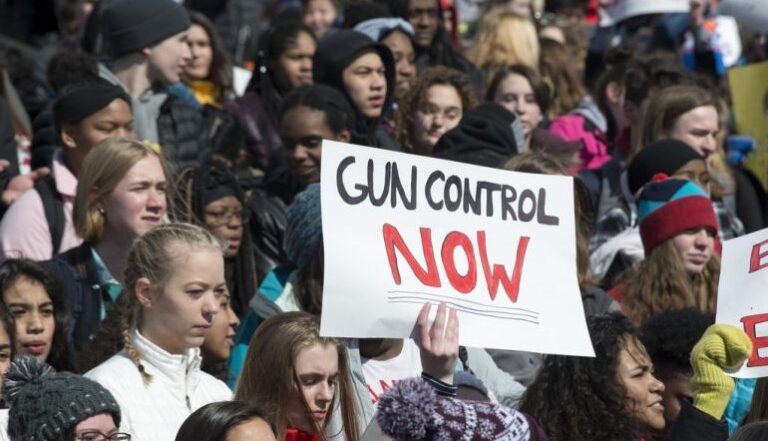
As poets and readers of poetry, we might ask ourselves how our poetry provides a kind of sanctuary from violence or else offers us a place to work through our fraught reactions to a world in which school shootings can happen.
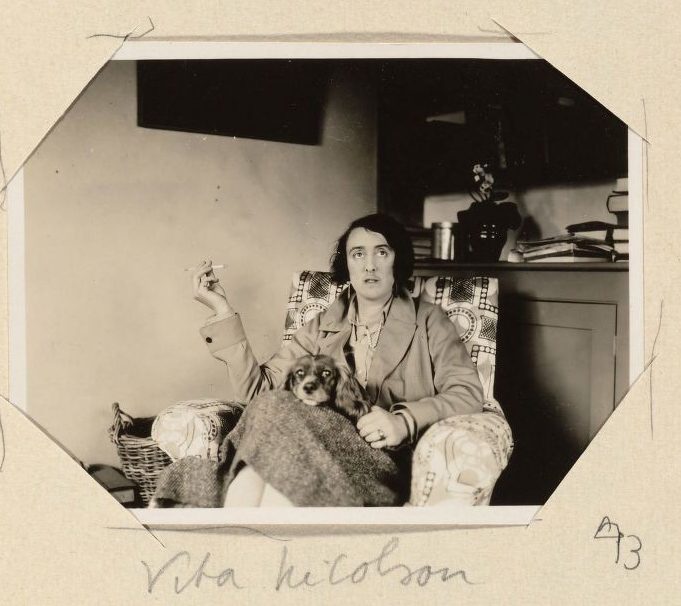
There are a number of practices and resources that can encourage the practice of reading generously or introduce one to new writers.
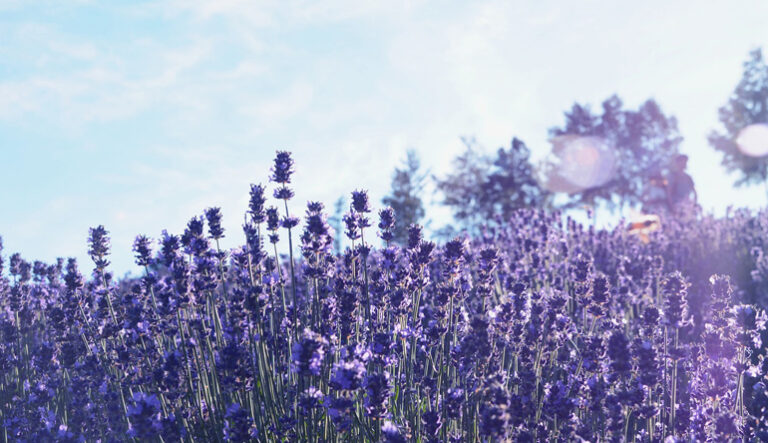
Danez Smith’s second book of poems, Don’t Call Us Dead, takes up the project of rehumanizing black lives, reshaping lament into forward-looking prophecy. The collection’s opening epic poem, “summer, somewhere,” acts as a book of re-creation, turning premature mortality into a revived, embodied love drawn from the earth itself.
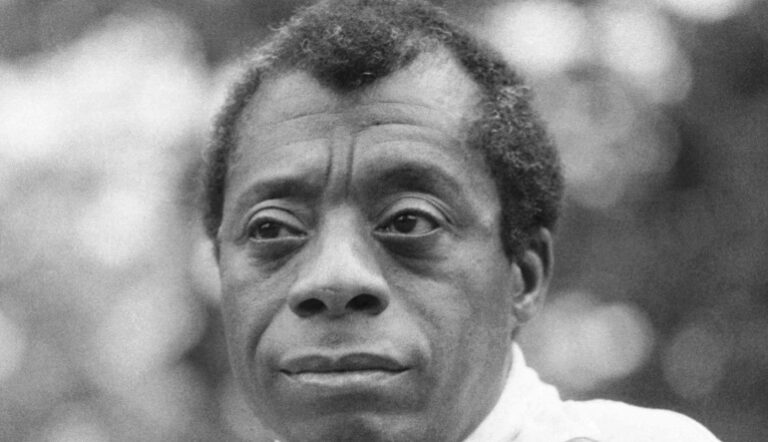
A while ago, while browsing the local Barnes & Noble, a friend and I started discussing how we got into LGBTQ literature, and how much reading specifically queer authors had meant to us in times of turmoil, both personal and not. This was in the aftermath of the Orlando massacre, when we both turned to…
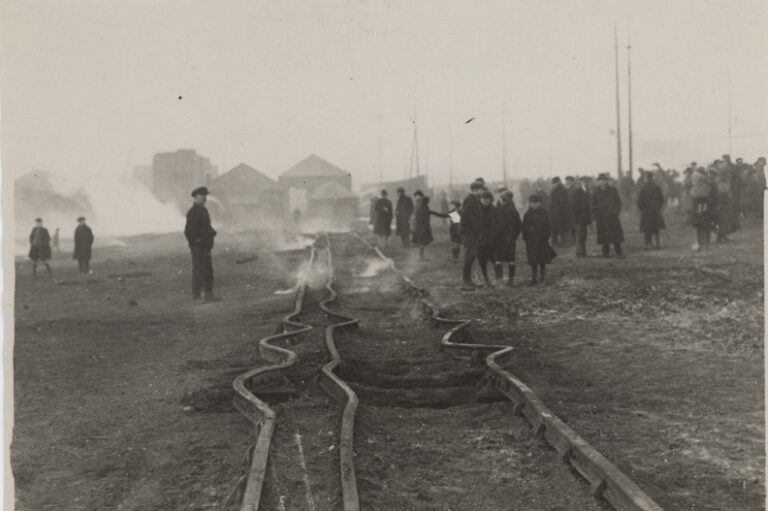
If the question is whether most Americans are reading poetry, the answer is—I won’t sugarcoat it or fudge the numbers—“no.” My mother doesn’t read poetry, unless it’s mine. Does yours?
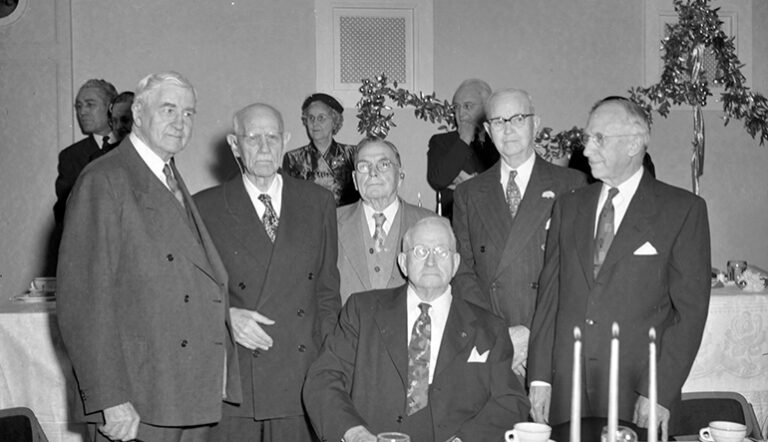
Two scholar friends of mine who work in the very broad and sometimes amorphous field of the digital humanities curated a show last year at UC Berkeley called “No Legacy.” Among the goals of the curators Élika Ortega & Alex Saum-Pascual was the disruption of the notion ingrained in many of us in graduate school that…
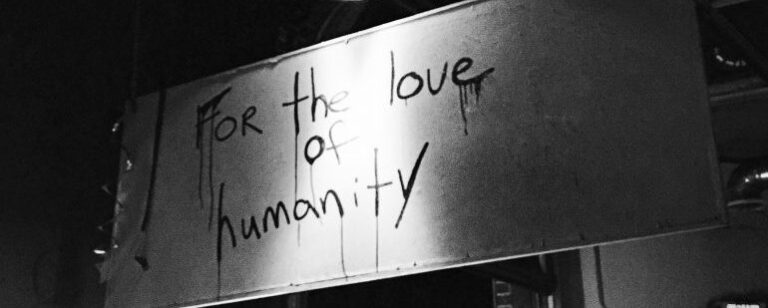
The New York Times published an interview this month with poet Daniel Nadler entitled “Why Poets Can Make Better Search Engines.” When I read the headline, I immediately thought: it must be because of their attentiveness to language.
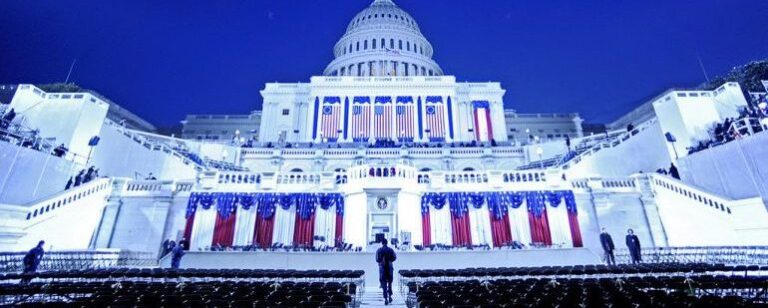
If Mr. Trump were to win the November election, all sorts of interesting questions arise: Would he ask someone to write and read an inaugural poem? Would the writer have to get the poem cleared by Trump? Most interesting of all, though: would the poet accept the invitation?
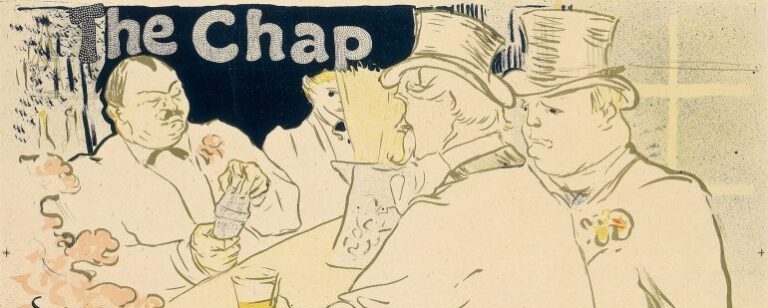
There’s never been a better time for poetry chapbooks, with hundreds of presses publishing excellent, innovative examples each year. This proliferation invites a closer look into the chapbook’s history as a medium for more direct engagement and dialogue between writers and readers.
No products in the cart.